Bryan Evans - The Austerity State
Here you can read online Bryan Evans - The Austerity State full text of the book (entire story) in english for free. Download pdf and epub, get meaning, cover and reviews about this ebook. year: 2017, publisher: University of Toronto Press, genre: Science. Description of the work, (preface) as well as reviews are available. Best literature library LitArk.com created for fans of good reading and offers a wide selection of genres:
Romance novel
Science fiction
Adventure
Detective
Science
History
Home and family
Prose
Art
Politics
Computer
Non-fiction
Religion
Business
Children
Humor
Choose a favorite category and find really read worthwhile books. Enjoy immersion in the world of imagination, feel the emotions of the characters or learn something new for yourself, make an fascinating discovery.
- Book:The Austerity State
- Author:
- Publisher:University of Toronto Press
- Genre:
- Year:2017
- Rating:3 / 5
- Favourites:Add to favourites
- Your mark:
The Austerity State: summary, description and annotation
We offer to read an annotation, description, summary or preface (depends on what the author of the book "The Austerity State" wrote himself). If you haven't found the necessary information about the book — write in the comments, we will try to find it.
After 2008, austerity policies were implemented in various countries, a fact the contributors link to the persistence of neoliberalism and its accepted wisdoms about crisis management. In the immediate aftermath of the 2008 collapse, governments and central banks appeared to adopt a Keynesian approach to salvaging the global economy. This perception is mistaken, the authors argue. The austerian analysis of the crisis is ahistorical and shifts the blame from the under-regulated private sector to public, or sovereign, debt for which public authorities are responsible.
The Austerity Stateprovides a critical examination of the accepted discourse around austerity measures and explores the reasons behind its continued prevalence in the world.
Bryan Evans: author's other books
Who wrote The Austerity State? Find out the surname, the name of the author of the book and a list of all author's works by series.

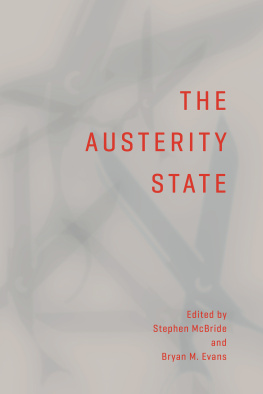

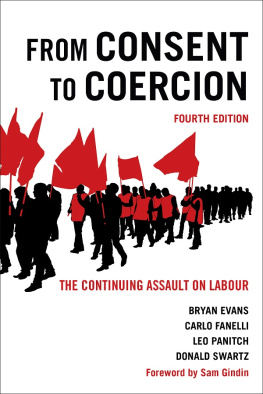

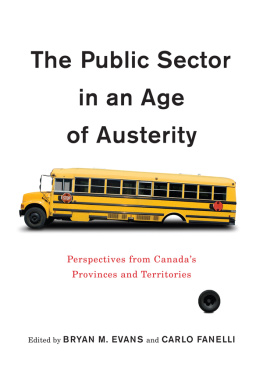
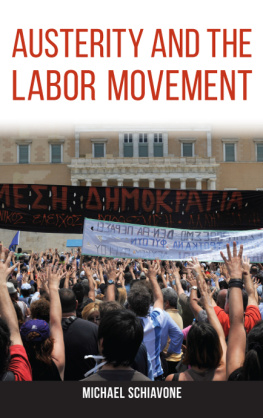
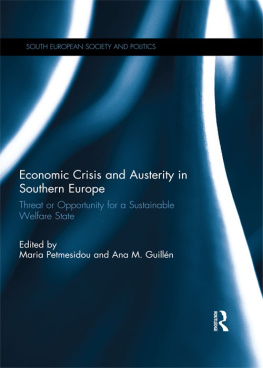
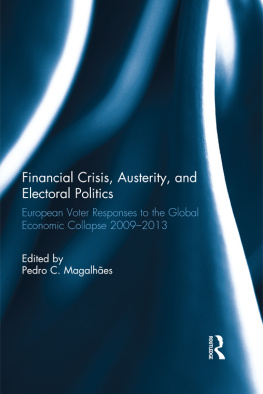
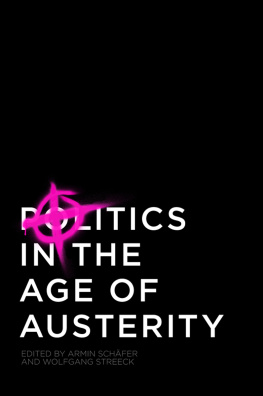


 Printed on acid-free, 100% post-consumer recycled paper with vegetable-based inks.
Printed on acid-free, 100% post-consumer recycled paper with vegetable-based inks.